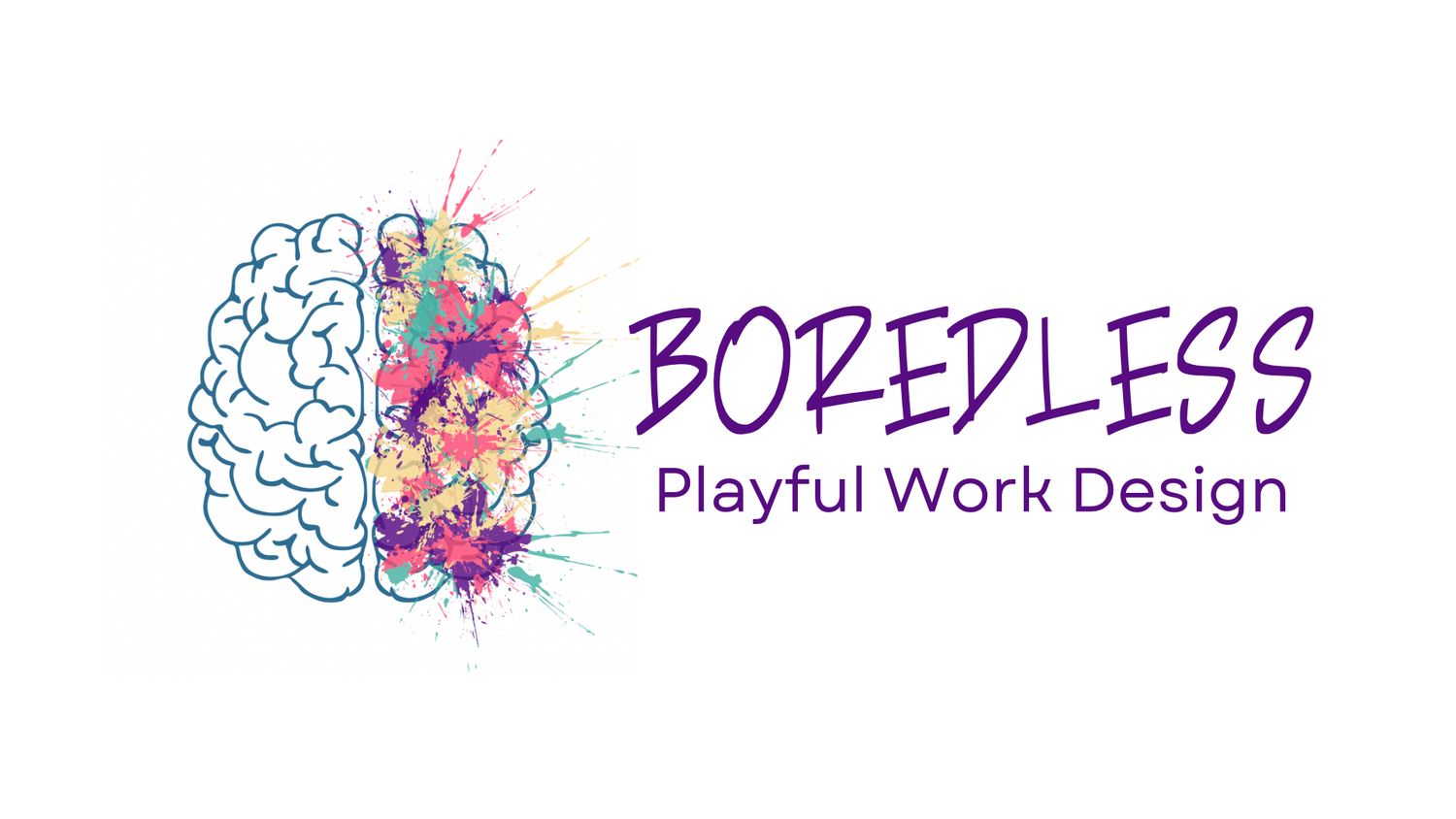Can We Really Learn Faster through Play?
Maybe you've recently seen one of the many memes, reels, or headlines floating around about how learning something takes 400 repetitions, but only 10-20 repetitions when learned through play?
And maybe you've wondered what that actually means. How do we learn how to use this new software in ...play... Do you take notes about it with crayons? Make a diorama out of clay and twigs? Build it with blocks?
Not quite. (Although at their core, they aren't terrible ideas and could be quite playful but they probably are not the most effective). When we say we learn things more quickly through play - we are starting a discussion about DOPAMINE. Dopamine brings us joy, but it's also helpful for memory and critical thinking. Dopamine can be released in anticipation of something novel. So we can get that boost of dopamine by being curious and exploring something new. And as many of you may know, we get dopamine when we laugh.
In a study completed by the University of California Davis Center for Neuroscience, researchers found that participants remembered facts better (30%!) if that participant were CURIOUS about or INTERESTED in the topic of the fact. (Thanks to Ali Abdaal for sharing this in his book, Feel Good Productivity!)
If we are participating in an activity or conversation that makes us laugh, interests us, and keeps us curious - I argue that is likely a very playful activity or conversation! And thereby we will learn and/or retain the content of that activity or conversation better and more quickly!
Back to that software you need to learn... how can you make that interesting? how can you get curious about it? Generally if something is traditionally boring, you can make it interesting by assigning some meaning to it. If you care about WHY you're learning the software, it will become inherently interesting. And if you've been following me long, you know the definition of playfulness is "the ability to reframe a situation to be entertaining, stimulating, or INTERESTING".
POST SCRIPT: As I was researching this deeply before posting, I found out something very interesting (thanks to Jen Taylor!). The original quote should actually be a bit controversial. It's commonly attributed to Dr Karyn Purvis. But what Dr Purvis really said was
"Now what we know from research is that it takes 400 repetitions of an act or a learning skill, 400 times, to get one new synapse. Or ...12 repetitions with joy and laughter and you get a synapse because there's a release of a chemical dopamine."
And the Karyn Purvis Institute of Child Development has since reported they don't have any record of the source for that statistic.
This is why I didn't focus on this statistic as the source of proof, and instead included the UCDavis research!
